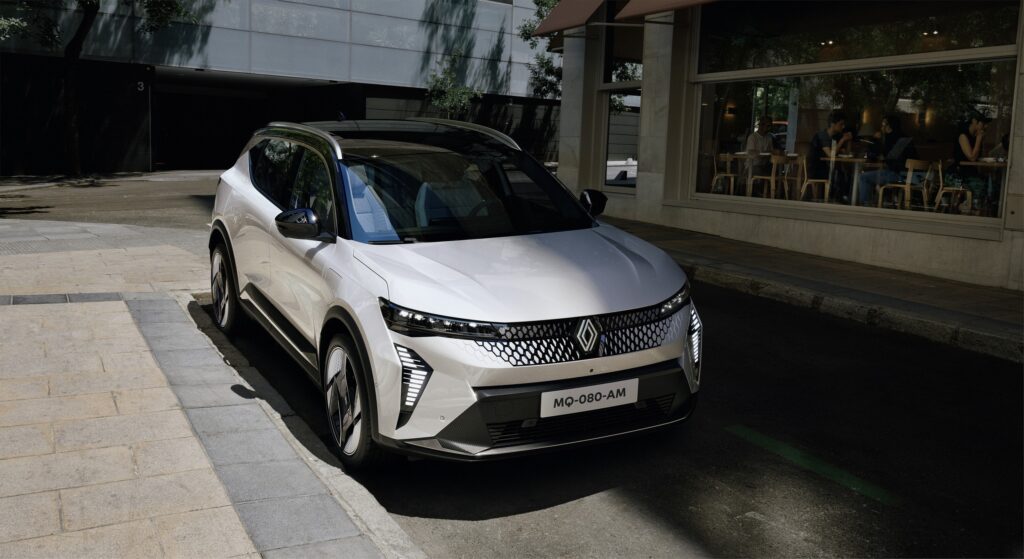The French government announced a reduction in its electric vehicle purchase assistance by one-third in its 2025 budget proposal presented on Thursday. The finance ministry stated that this decision reflects a decrease in the need for subsidies due to economies of scale and advancements in battery technology. “Thanks to the economy of scale and to progress on batteries, the cost of electric vehicles has gone down and their share of total vehicles sold has increased, reducing the need for subsidies,” the ministry said.
In 2025, government assistance for the purchase of clean vehicles will decrease to €1 billion ($1.09 billion), with a focus on supporting low-income households. Currently, the program allocates €1.5 billion ($1.64 billion), providing bonuses of up to €7,000 ($7,634.20) for electric vehicles and financing options for leasing, which allow lower-income households to access electric vehicles starting at €100 ($109.06) per month. However, the ministry did not clarify how these budget cuts would impact the bonus structure, lease options, or the distribution of funds within the program.
Industry representatives expressed concern over the necessity of continued government support, noting that electric vehicle sales have stagnated at 17% in the French market. Automakers face pressure to significantly reduce carbon dioxide emissions to avoid substantial fines from European regulators. “If you want to meet the moment of the electric transition, it must take place with incentives,” said Luc Chatel, president of the Automobile Platform. He warned, “If you change the rules every four days and you reduce the bonus, what will happen? We saw it in Germany.”
Germany experienced a notable decline in electric vehicle sales after it ended its subsidy program at the end of last year, with the share of electric vehicles falling to 12.6% in early 2024 from 16.4% during the same period in 2023, according to the transport authority KBA. This decision comes amid increasing challenges for European automakers, who are grappling with weakening global demand and rising competition from Chinese imports.
Additionally, the budget proposal includes plans to introduce penalties for high CO2 emissions, with thresholds set to trigger fines at 5g CO2/km in 2025, followed by 7g CO2/km in 2026 and 2027.
Source: Reuters
